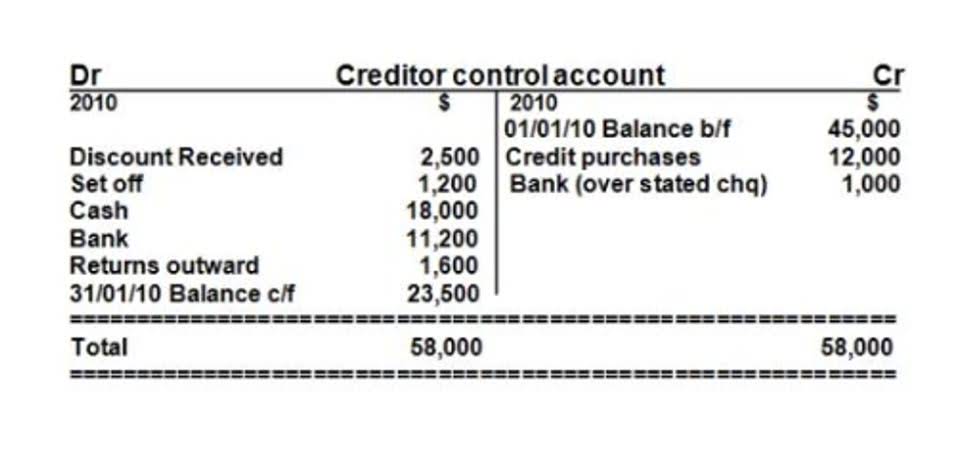
Employees with payment discrepancies need delicate handling, which is a big part of the HR skillset. Accounting professionals might not have this same ability unless they’ve worked the necessary positions. On the other hand, HR professionals might not have the required skills to handle payroll accounting. Accountants have the duty of creating information sheets from data typically acquired from bookkeepers.
What are the differences between payroll, bookkeeping, and accounting?
Whether you’re a small startup or a large corporation, effective financial management is essential for driving growth, minimizing risks, and achieving long-term sustainability. Now that we have a comprehensive understanding of accounting, payroll, and bookkeeping, the next step is to determine the most suitable financial management approach for your business. In this section, we’ll explore how to choose the right financial management approach by tailoring bookkeeping and payroll services strategies that align with your business needs. In conclusion, accounting, payroll, and bookkeeping are integral components of financial management, each serving a unique purpose in the overall financial ecosystem of a business.

ways Intuit helped me start a successful tax career
When done right, bookkeeping gives you a clear view of your business’s financial status. In summary, bookkeeping and payroll services provide a holistic view of organizational finances. This service revolves around properly paying and tracking everything related to worker compensation aligned with compliance demands. Payroll liabilities, or payables , are amounts you currently owe, pertaining to your business’s payroll. If you’re using a payroll journal, you enter payables as credits because you are increasing the amount you owe.
Organize my own expenses
While these services come at a cost, they can maximize the accuracy and efficiency of vital financial management processes. Well, not really — and in this blog post we’re going to explore the differences between bookkeeping and accounting, and how they apply to payroll needs. Bookkeepers handle more straightforward data entry jobs that require great attention to detail. The early days, before software automation, required them to be incredibly focused when putting in data, especially when handling employee payroll. Payroll clerks are a specific type of bookkeeper, as managing payroll is an early stage of the accounting process.


Bookkeeping is the systematic recording of financial transactions in a business. It involves monitoring every financial event, whether it’s a sale, purchase, or payment. The primary goal is to keep an accurate record of all financial activities. This is crucial for generating reports, filing taxes, and analyzing financial health. Bookkeeping tasks include maintaining ledgers, tracking receipts, and generating financial statements. According to the IRS guidelines on bookkeeping, accurate records are essential for tax purposes.
They will help maintain accurate financial records and free up your time for other business priorities and activities. Bookkeepers process and manage accounts payable, which involves recording and tracking bills from suppliers and vendors and ensuring timely and accurate payment. Bookkeepers reconcile the company’s bank statements with the business accounting records to identify discrepancies and ensure that all transactions are valid. Recording all activities, including sales, purchases, receipts, and payments, is part of that process to ensure a consistent and precise record of the company’s financial position.
How Can Ross Mckinley Help You With Bookkeeping and Payroll?
- Payroll refers specifically to the process of paying employees for their work.
- By using such software, companies can reduce the workload on both departments and decrease the risk of errors.
- Payroll software automates a large majority of your payroll program, and can calculate wages and taxes, and some even will turn in taxes for you.
- After subtracting some of the most common payroll taxes, the employee’s wages payable or “take-home” pay is $925.
- This list will include such things as hours worked, tasks performed, records of previous wages, bonuses, student loan deductions or similar.
- It involves organizing receipts, invoices, payments, and other financial documents to maintain accurate records of income and expenses.
- At a minimum, an accountant must have a bachelor’s degree in accounting.
Pramod has over 11 years of experience relating to finance and accounts in diversified unearned revenue industries. He is an expert in resource and process optimization resulting in greater operational efficiencies. As professionals, we know that small mistakes can lead to big problems if they are not caught, and so with each line, we will review it several times for accuracy.
- Together, bookkeeping vs. accounting are two crucial foundations of a business’s financial management and growth.
- While a certificate is not a requirement to become a bookkeeper, some professionals pursue certification to show their skills to employers and stand out in their job search.
- Back in the day (in this case, 2600 BC), bookkeepers kept their records on small slabs of clay.
- Payroll means the total procedure of remunerating employees or as called, paying of wages.
Bookkeeping focuses on recording and organizing financial data, including tasks such as invoicing, billing, payroll and reconciling transactions. Accounting is the interpretation and presentation of that financial data, including aspects such as tax returns, auditing and analyzing performance. Much like other accounting forms, payroll accounting follows the complete accounting process. However, the payroll department might not have as much need for some financial statements (e.g., a statement of cash Bookkeeping for Etsy Sellers flows).

Accounting
When you outsource to an agency, you choose which duties you need assistance with. Ultimately, this is the foundation upon which your financial understanding is built. The list hereafter is just a summary of the many duties an accountant can be responsible for on any given day.
